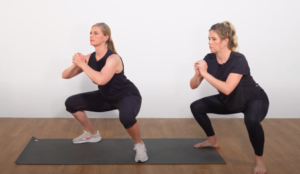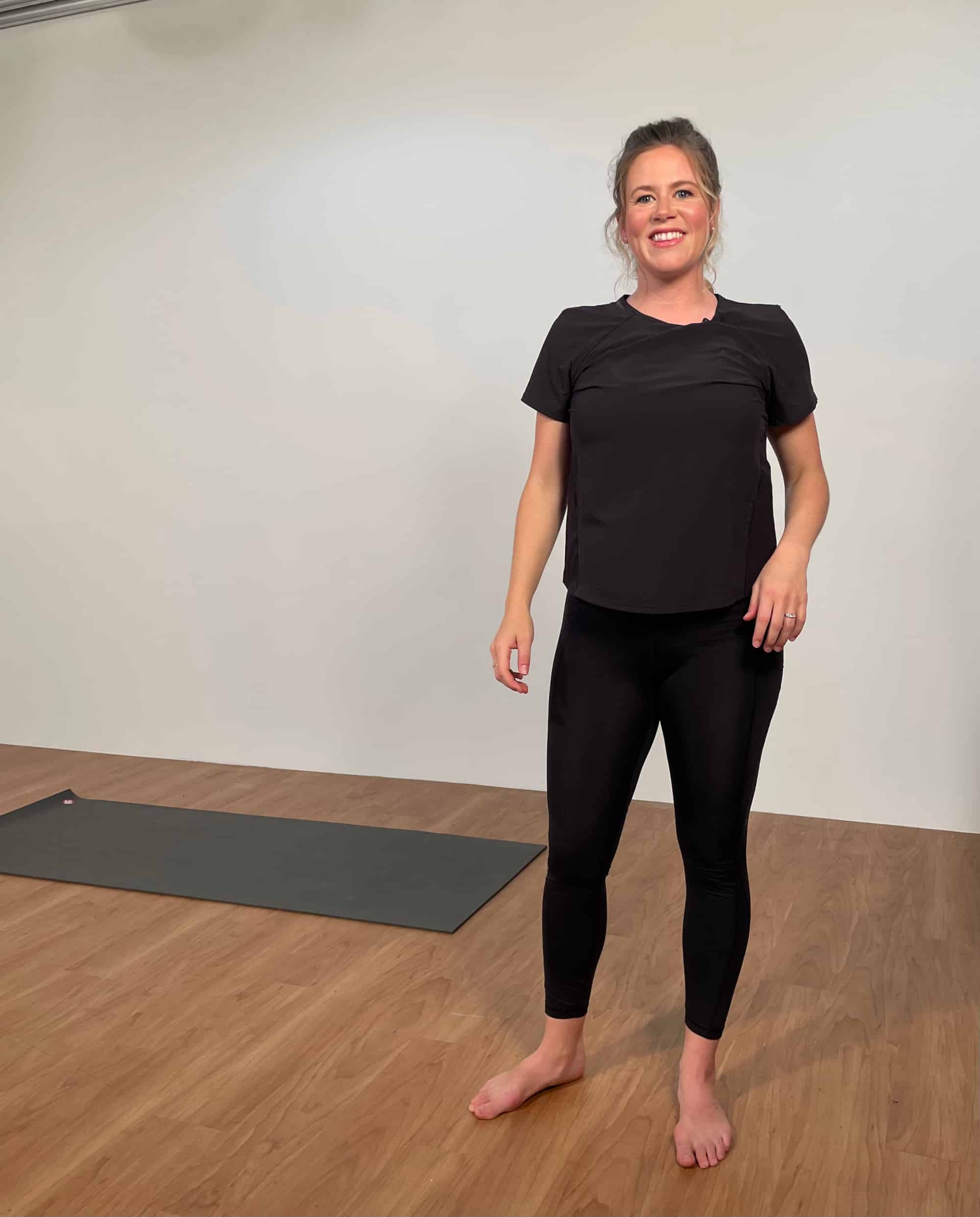There is evidence to show the isolating effects Covid has had on many different populations; the elderly, the immune compromised, the young, the dying, health care workers and many more. Another group that has been found to be particularly affected by feelings of isolation during Covid are postpartum women. (Read more here & here) But this isn’t anything new – the postpartum population has always had higher levels of depression, anxiety, feelings of isolation compared to the general population. Covid just magnified it.
Thankfully there are less restrictions since the vaccine roll out so many people have been more social over the spring and summer but even still, there is still a lot of uncertainty and fear surrounding Covid, especially during the pregnancy and postpartum periods.
Some research has come out looking at the positive effects social media can have for the postpartum population. (more here) These platforms can be a great place to connect with friends, family, other new moms, services, a place to seek advice and a place to escape to and enjoy hilarious memes and videos.
There is a darker side to social media that we all know as well. The side that brings forward negative feelings. Feelings of shame, guilt, jealousy, stress, anxiety… images, videos and filters that make us compare our bodies to each other and to unrealistic expectations.
And all of that happens before people have babies! … now add your little one in there and for some, there’s an overwhelming amount of information about your babie’s diet, breast feeding, bottle feeding, babies eating solids, gymnastics, outfits, milestones… The list goes on.
“Social media of course does the job of flattening complexity and therefore projecting certainty” as said by Emily Barasch – a mom who gave birth during the first wave of COVID and struggled not only with the fear and isolation that came with the pandemic but also with her interactions on instagram. You can read more of her story here on Vogue.com
If you find yourself feeling worse off or having bad feelings after being on social media, I invite you to check out my 3 tips for managing your interactions with social media.
Here are 3 tips to reduce the effects of social media on your mental health:
1.) Unfollow:
Unfollow anyone or any account that makes you feel bad IN ANY WAY about yourself or the way you are raising your baby. Make it a hard rule – self doubt? Unfollow. Shame? Unfollow. General negative emotions when you see their posts? UNFOLLOW. There are only so many moments in the day, and none of them are worth spending on people or accounts that bring up negative feelings.
2.) Everyone is truly unique:
Know that everyone is different and everyone’s recovery will be unique. If you had a c-section, your recovery will likely look pretty different than someone who gave birth vaginally. If you had to be on bed rest or reduced activities for the last month of pregnancy, you’re likely more deconditioned than someone who was going on jogs up until their due date. And that’s OK! There are so many factors that contribute to someone’s recovery and no 2 people are the same! So try and cut yourself a break and know that you’re doing a great job working with your specific scenario.
3.) Social Media vs. Reality:
Just because you see someone online running a 5km race only 4 weeks after giving birth does NOT mean that they are ready for that. You do you and progress at whatever speed you’re able.
The reality is that pregnancy, labour and delivery takes a toll on the body and no matter your turn around time, it IS a time of recovery. If you progress too quickly and ignore signs and symptoms that you’re doing too much, women can end up with common issues including prolapse (pelvic heaviness) pain, leaking and more.
I’m not trying to squash your ambition or scare you out of exercising – quite the opposite. Movement and exercising is instrumental in the recovery process not only physically but mentally as well, but progress as the pace that works for you and listen to your body.
Maternix Courses are here to help you navigate the postpartum period and get you moving again, without the setbacks. The Maternix Postpartum Recovery Course helps you to connect with your body, learn about how it works and take you through a rehabilitation exercise program to help rebuild a solid base of strength so you can get back to exercise and activity comfortably and confidently.
Thanks for reading!
Read more in the About page at www.Maternix.ca
And sign up for a pregnancy course or the postpartum recovery course under the courses page!
Questions? DM me @maternix.ca or email me at info@maternix.ca.
Keep it up mama – you’re doing a great job.





 Tara is a Physiotherapist specializing in women’s health and pelvic floor rehab. She is passionate about helping women understand the changes their bodies go through during pregnancy and how they can rehabilitate more effectively postpartum.
Tara is a Physiotherapist specializing in women’s health and pelvic floor rehab. She is passionate about helping women understand the changes their bodies go through during pregnancy and how they can rehabilitate more effectively postpartum.